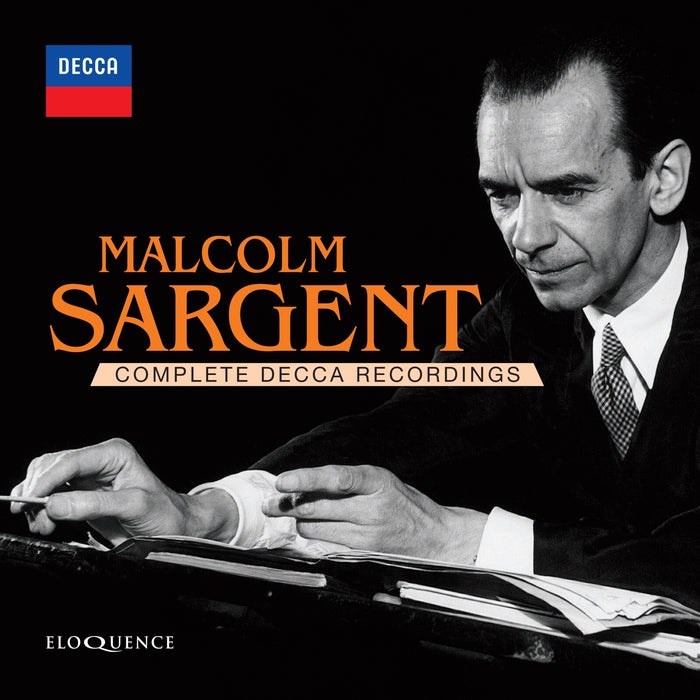Description
'Karajan's producer' on the podium - the complete recordings of Otto Gerdes for Deutsche Grammophon, including previously unpublished material and displaying some of the most thrilling versions of orchestral masterpieces to be recorded. Reviews for these recordings reached for superlatives: "a stunning disc from first moment to last" (Brahms 4); "Luminous sound" (Eugene Onegin); "rather sweeps the field" (Dvorak 9); "silence[s] all criticism" (Tannhauser); "Trenchant interpretation" (Wagner Symphony in C)...
The 1961-62 cycle of Beethoven symphonies conducted by Herbert von Karajan is still celebrated for its technical as well as musical excellence. The recording producer was Otto Gerdes, who had joined DG in 1956 after working as a producer for Eterna in the former East Germany. He had trained as a conductor under Hermann Abendroth in his home city of Cologne and continued to conduct opera and concerts in Germany and Italy through the 1950s and 60s.
A notorious confrontation with Karajan led to Gerdes resuming his full-time career as a conductor, which led to a complete recording of Wagner's Tannhauser for DG, and the first stereo version of the composer's early Symphony in C. Tannhauser was cast with singers in their prime - Birgit Nilsson, Wolfgang Windgassen and Dietrich Fischer-Dieskau - and German-language highlights of Eugene Onegin and Otello featured Fritz Wunderlich (as Lensky) and Fischer-Dieskau (as Otello).
In the early 1960s, Gerdes made three 'test recordings' with the Berlin Philharmonic: the Fourth Symphony of Brahms, the 'New World' by Dvorak and a collection of Wagner preludes. When released on LP, the symphonies were enthusiastically received for their old-school ebb and flow and Romantic intensity of expression. The Wagner recordings show Gerdes in full command of 'Karajan's orchestra'.
Additionally, there is a whole disc of previously unpublished material - overtures, ballet music and intermezzi.
Compiled together for the first time in an 'Original Jackets' box, the DG recordings of Otto Gerdes pay tribute to a forgotten but significant figure in the recording world of the 1960s. The eventful story of Gerdes's career is told in a new essay by Peter Quantrill, and all the recordings have been newly remastered.










